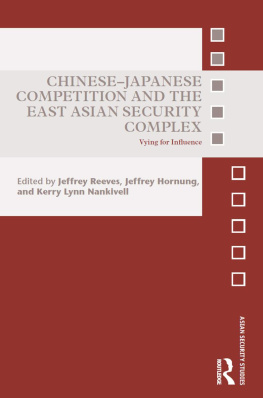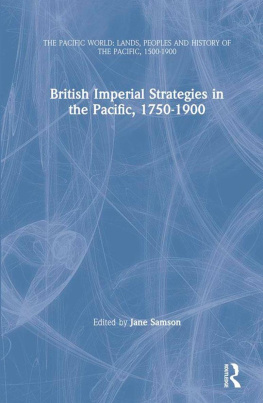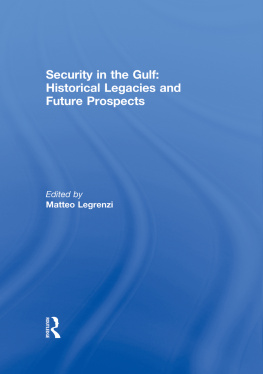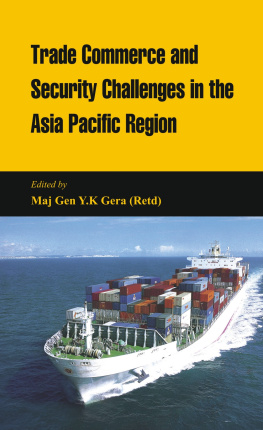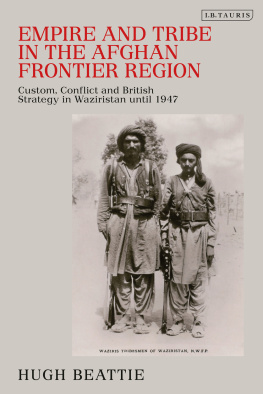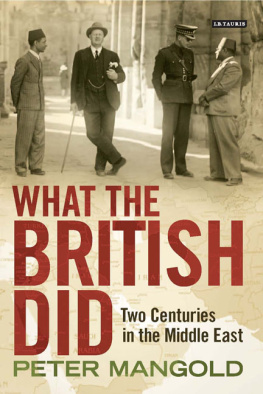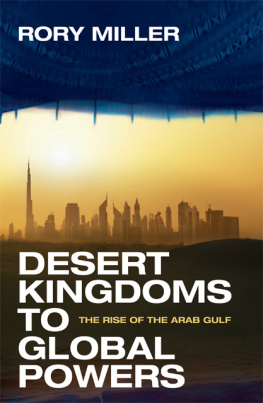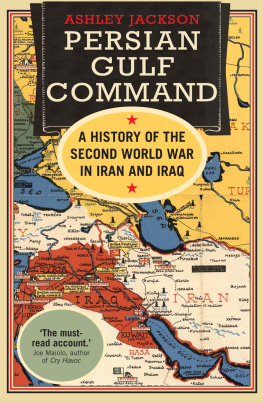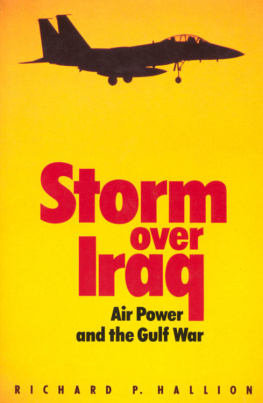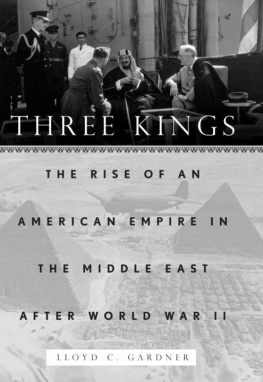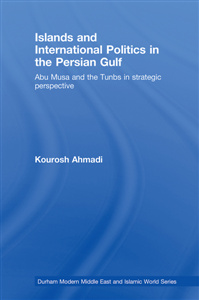
The Politics and Security of the Gulf
Since the nineteenth century the Gulf region has been an area of intense interest, having been shaped first by the British and more recently by the Americans. This book charts the changing security and political priorities of these two powers and how they have influenced the region.
Adopting a narrative approach, the author provides background history on British involvement from the nineteenth century and a detailed analysis of the years after World War II, when oil supply became more critical. He covers the growth of U.S. influence and the British withdrawal, and follows more recent changes as the U.S. built up its military presence following Desert Storm and the invasion of Iraq. Looking at the three enduring missions fulfilled by the British maintaining interstate order, protecting the free flow of commerce, which later included petroleum, and keeping out other Great Powers the book demonstrates how these had by 1991 been assumed almost entirely by the American leaders.
A comprehensive and thorough look at the history of the Gulf and the contemporary issues affecting the region, this will be essential reading for students of Middle East history, military history and diplomatic history.
Jeffrey R. Macris is a Permanent Military Professor at the U.S. Naval Academy in Annapolis, where he teaches Middle Eastern history and military history. A resident of the Persian Gulf for nearly three years, he has worked with military officers from most of the Arab states of the Gulf. He holds a PhD from Johns Hopkins Universitys School of Advanced International Studies as well as a linguist certificate in Arabic.
The Politics and Security of the Gulf
Anglo-American hegemony and the shaping of a region
Jeffrey R. Macris

LONDON AND NEW YORK
First published 2010
by Routledge
2 Park Square, Milton Park, Abingdon, Oxon OX14 4RN
Simultaneously published in the USA and Canada
by Routledge
270 Madison Avenue, New York, NY 10016
Routledge is an imprint of the Taylor & Francis Group, an informa business
This edition published in the Taylor & Francis e-Library, 2010.
To purchase your own copy of this or any of Taylor & Francis or Routledges collection of thousands of eBooks please go to www.eBookstore.tandf.co.uk.
2010 Jeffrey R. Macris
All rights reserved. No part of this book may be reprinted or
reproduced or utilized in any form or by any electronic,
mechanical, or other means, now known or hereafter
invented, including photocopying and recording, or in any
information storage or retrieval system, without permission in
writing from the publishers.
The opinions expressed in this work are those of the author and do not
necessarily reflect those of the U.S. Government, the U.S. Navy, or the
U.S. Naval Academy.
British Library Cataloguing in Publication Data
A catalogue record for this book is available
from the British Library
Library of Congress Cataloging-in-Publication Data
Macris, Jeffrey R.
The politics and security of the Gulf : Anglo-American hegemony
and the shaping of a region / Jeffrey R. Macris.
p. cm.
Includes bibliographical references and index.
1. Persian Gulf RegionStrategic aspectsHistory. 2. British
Persian Gulf RegionHistory. 3. AmericansPersian Gulf
RegionHistory. 4. Persian Gulf RegionForeign relations
United States. 5. United StatesForeign relationsPersian Gulf
Region. 6. Persian Gulf RegionForeign relationsGreat
Britain. 7. Great BritainForeign relationsPersian Gulf
Region I. Title.
DS326.M246 2009
355'.0330536dc22 2009026905
ISBN 0-203-86189-2 Master e-book ISBN
ISBN10: 0415778700 (hbk)
ISBN10: 0415778719 (pbk)
ISBN13: 0203861892 (ebk)
ISBN13: 9780415778701 (hbk)
ISBN13: 9780415778718 (pbk)
ISBN13: 9780203861899 (ebk)
Book Cover Bahraini palace guard renders a rifle salute, 1956.
From Left to Right: Mr. Charles A. Gault, British Political Agent to Bahrain;
Sheikh Sulman bin Hamad Al-Khalifa, Ruler of Bahrain; Rear Admiral John
Quinn, Commander, U.S. Navy Middle East Force, 4 February 1956. (U.S. Navy
Photo, U.S. Naval Institute.)
For Jenn
Contents
Acknowledgments
This book would not have been possible without the assistance and sage guidance of many. For inspiration, special thanks go to my two mentors at Johns Hopkins Universitys School of Advanced International Studies, Professors Fouad Ajami and Eliot A. Cohen, both of whom spent considerable energy directing the initial phases of this study. As well, during his time as a distinguished visiting professor at the U.S. Naval Academy, Victor Davis Hanson suggested that I try to think big, and to choose subject material that appeals to, and is written toward, a wide general audience. Over a decade ago Admiral Tom Fargo, during his tenure as fleet commander in the Persian Gulf, allowed his young aide de camp to sit in on meetings with ambassadors, emirs, and future Kings, which changed the way that I think about the Gulf.
In Annapolis, the U.S. Naval Academys History Department, under the leadership of its chairmen Professors Richard Abels and David Peeler, and the Center for Middle East and Islamic Studies, under the direction of Professor Brannon Wheeler, provided the time, freedom, and support to embark on my continued studies on the Great Powers and the Persian Gulf. Christie Mills and Connie Grigor offered support and assistance. Many other members of the History Department staff provided feedback through our works in progress series. Specifically, Professor Ernie Tucker, a dedicated friend, continually provides unvarnished and helpful advice on the study and teaching of the Middle Eastern history; Brian VanDeMark enthusiastically gave comments on the manuscript. Several librarians from the Naval Academy also proved indispensable, including Barbara Manvel, Barbara Breeden, and Flo Todd. Cindi Gallagher from the Multimedia Support Center assisted with photographs and graphics. At the U.S. Naval Institute, Ms. Janis Jorgensen and Mr. Tim Wooldridge opened the Institutes enormous photo archives for use in this book.
From outside of Annapolis, Dr. Saul Kelly at the U.K.s Joint Services Command and Staff College Britains war college and Professor Miriam Joyce of Purdue University Calumet read the entire manuscript and provided detailed commentary and encouragement. The archivists at the United States National Archives in College Park, particularly Mr. Tim Nenninger, head of Modern Military Records, and Mr. Herb Rawlings-Milton, coordinator of Freedom of Information Act requests, helped immeasurably. Likewise, I must recognize the staff of the British National Archives in Kew, England, to whom I am deeply indebted. Great Britains drive over the centuries to open the states government records to the people stands as a noteworthy gift to humanity. Several organizations have graciously provided other photographs that accompany the text: the British Library, the Imperial War Museum, National Maritime Museum, Brown Universitys Library, the BP Photo Archives, Getty Images, and the U.S. Library of Congress.


